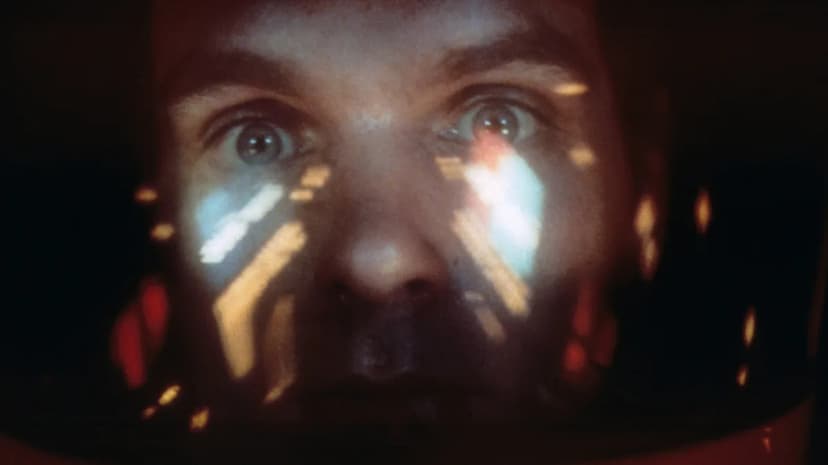Home / Arts and Entertainment / "2001: A Space Odyssey" Remains a Cinematic Masterpiece Decades Later
"2001: A Space Odyssey" Remains a Cinematic Masterpiece Decades Later
16 Nov, 2025
Summary
- "2001: A Space Odyssey" debuted in 1968 and is considered one of the greatest sci-fi films of all time
- The film's visual effects and score were groundbreaking, inspiring countless filmmakers
- Renowned critic Roger Ebert praised the film as a "transcendent" cinematic experience

Over 50 years after its release, "2001: A Space Odyssey" remains a cinematic landmark that has profoundly influenced the film industry. Directed by Stanley Kubrick and co-written by Kubrick and Arthur C. Clarke, the 1968 sci-fi epic chronicles the impact of a mysterious extraterrestrial monolith on the course of human history.
The film's groundbreaking visual effects, created by artist Douglas Trumbull, were widely praised for their realism and innovation. Coupled with the haunting, evocative score by composer Alex North, "2001" offered a transcendent cinematic experience that went beyond traditional storytelling. Renowned critic Roger Ebert described the film as "a landmark of non-narrative, poetic filmmaking" that elicits a "spiritual" response from viewers.
The lasting impact of "2001: A Space Odyssey" is evident in the countless filmmakers it has inspired over the decades. Cinematographer Wally Pfister and visual effects supervisor John Gaeta, known for their work on acclaimed films like "The Dark Knight" and "The Matrix," have cited the 1968 classic as a major influence on their careers. Even scientists and engineers have credited the film for sparking their interest in space exploration and technology.
While the film's complex, ambiguous narrative continues to captivate and confound audiences, its technical achievements and visionary storytelling have cemented its status as one of the greatest cinematic works of all time. Even in the 2020s, "2001: A Space Odyssey" remains a testament to the power of cinema to transcend the boundaries of entertainment and offer a truly transformative experience.




